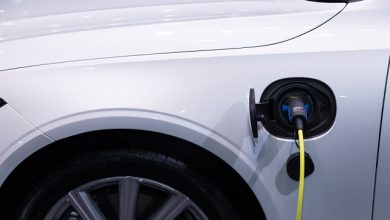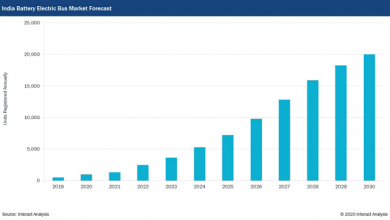Safety Protocols should be followed in EV Batteries

Puneet Jain, founder of Natural Battery Technologies talks about the safety of electric vehicle batteries in India, in an interview with Telematics Wire.
❖Tell us more about Natural Battery Technologies
NBT, at its core, has always been about innovation since its inception and has been evolving; we are developing high-performance batteries with increased safety parameters, customs energy storage systems, solar energy storage systems, BMS, and many others. Today, Natural Battery Technology is the leading manufacturer of lithium-ion-based battery products such as Lithium-Ion Batteries, Lithium-Ion Cells, LiFePO4 Cells, Battery management Systems, Solar Home Lighting systems, Battery Packs for Solar Street Light, Solar Home Lighting Systems, Energy Storage systems (UPS & Inverter) & other portable devices.
❖What made you venture into the field of battery manufacturing?
When I returned to India from Dubai after a long stint, I noticed the gap in India’s EV battery manufacturing market; after extensive research and establishing ties with raw material suppliers, I finally launched NBT on 2019. Saurabh Patawari came in with his manufacturing excellence and experience joined hands to develop the batteries at larger scale.
❖What unique strength do you count on in the field of battery manufacturing for EVs?
Being engineering graduates, we focus on first principle thinking to bring about the most feasible and useful products in the market for our customers to adopt easily. With our strengths in research and development as well as manufacturing excellence, we can introduce new product iterations in the market at the pace no one can match
❖What makes Natural Battery Technologies different from other battery manufacturing companies?
The major differentiation factor is that NBT’s Li-ion batteries surpass the Lead Acid batteries across all parameters, such as high-power density, deep cycling capability, and much longer service life. Additionally, NBT provides a high range of customer-specific customizations and is 50% More Energy Efficient; has 40% Longer Run Times; is 50% Smaller Carbon Footprint; has a 45% Lower Cost than Lead Acid Batteries, and also comes with easy Plug and Play Technology
Further our research into alternative chemistries gives us the edge to develop the right product for the application.
❖How could policy intervention from MoRTH or govt of India help improve the battery manufacturing ecosystem in India?
It is significant for encouraging phased manufacturing programs for batteries and EV components. The initiative aims to aid in the setting up of an intricate framework of state-of-the-art battery manufacturing units all across India. To support cell manufacturing, the country needs a sufficient supply of raw materials, mainly lithium, cobalt, nickel, etc., through mining grounds within the country or its peripheral countries.
❖Recently we have seen multiple fire incidents in electric vehicles, what are your views on it?
Indeed, the unfortunate cases of recent EV vehicle-related accidents have raised concerns over the safety of batteries. However, NBT, since its inception, has dedicatedly worked towards the safety aspects of batteries. Our technologically empowered infrastructure and innovation allow us to monitor the health of a battery by considering various parameters. There is a standard for every battery’s health stats, and if any product is found lacking behind those standards, the consumer is alarmed to get the required fixations done to avoid accidents.
❖Do you recommend any safety protocols to be followed?
The identification of battery failure issues, volatile thermal behavior, and associated risks with an identification device to understand the root cause of failure, real-time verifiable exchange value for battery swapping, net metering of charging stations from Discoms, and financing (by bank and NBFCs) of only those batteries that meet government standardization.
Published in Telematics Wire





